Have you ever wondered if your baby is growing right? Are they teething too early? Are they taking longer to begin speech initiation? You may look at other babies and compare their development to yours. No two children are different, so development differs for every baby. However, certain cues to look out for during these stages are essential.
Who is an infant?
Infants are babies from one month to one year old. Your baby will grow amazingly fast during their first year of life, both physically, emotionally and psychologically.
What are the developmental milestones?
Developmental milestones are easily identifiable skills your baby can perform, such as rolling over, sitting up, and walking. They often occur at a particular time but differ in the order of presentation in every child. These milestones are into three categories: motor, language, and social/emotional.
Motor development in infants
Motor development refers to a child’s bones, muscles and ability to move around and manipulate their environment. Initially, your baby’s movement will be more of a reflex and uncontrolled, but as they grow, they will learn to move and use their body to perform various tasks.
During this stage, your baby will:
- Supports their head and upper body when on their stomach
- Stretches out legs and kicks when on stomach or back
- Opens and shuts hands
- Brings hands to mouth
- Grabs and shakes hand toys
- Swipes and bats at dangling objects
- Pushes down legs when on a flat surface
- Follows moving objects with eyes
- Turning their head to face the stimulus
Language development in infants
As your baby continues to develop, they also develop the ability to communicate, comprehend and produce spoken language. Babies learn language by taking in information through their senses of hearing and sight as they learn to process the meanings behind those sights and sounds.
Babies need functional hearing abilities and a well-formed mouth, lips, vocal cords, and tongue to learn from their environment. They also need a well-formed brain. The brain provides your baby’s instinct to mirror, copy and mimic facial expressions and movements.
If you notice difficulty in speech during your first year, consult your paediatrician immediately.
Some common traits your baby might possess during this stage are:
Makes cooing sounds
Becomes quiet when spoken to
Cries differently for different needs
Social and emotional development in infants
Emotional well-being during the early years profoundly impacts social relationships as your child grows up. This part of development shapes how a child sees themself, dictates who they become, and their understanding of the world. Emotionally healthy children are better able to establish and maintain positive relationships later in adulthood.
At this stage, your baby will;
- Smile at familiar faces
- Enjoy playing with people
- Cry around strangers
- Enjoy looking at mirrors
- Smile at people
- Enjoy playing with people
Positive parenting tips during their first development stage
The following are some things you can do to help your baby develop appropriately during each development phase.
- Talk to your baby
- Answer when your baby makes sounds by repeating the sounds and adding words
- Read to your baby
- Sing to your baby and play music
- Praise your baby and give them lots of loving attention
- Spend time cuddling and holding your baby
- Play with your baby when they’re alert and relaxed
- Cuddle your baby
If your child’s development is delayed or distorted, consult your doctor for a proper diagnosis. Remember that development is not the same for every child. Be patient with them.


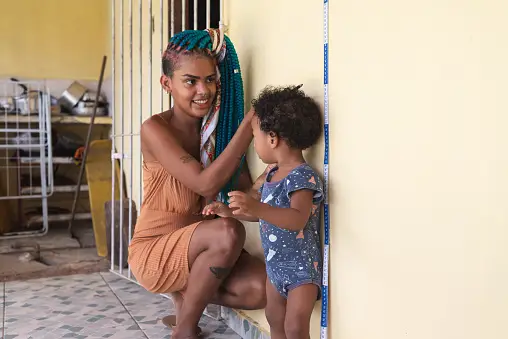
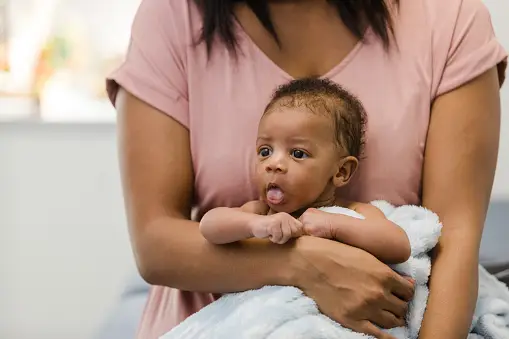
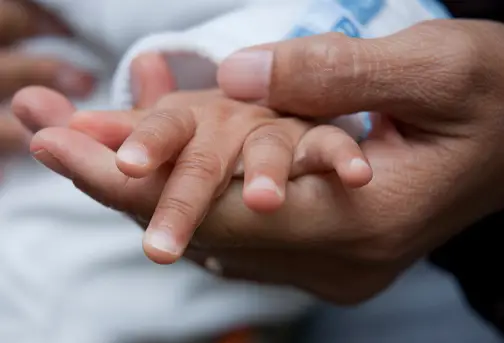
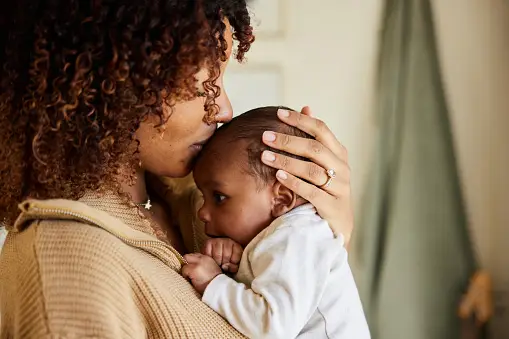

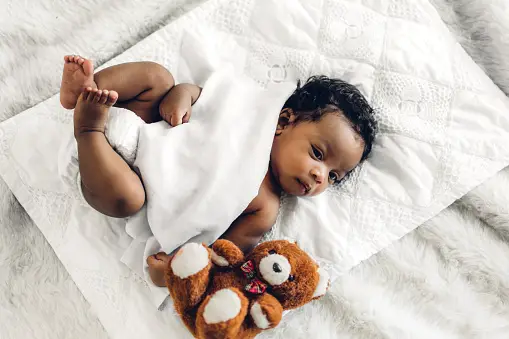
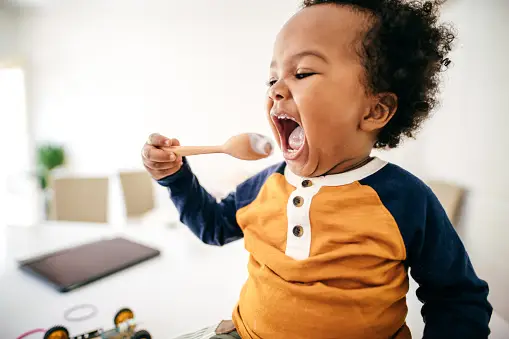

Comments